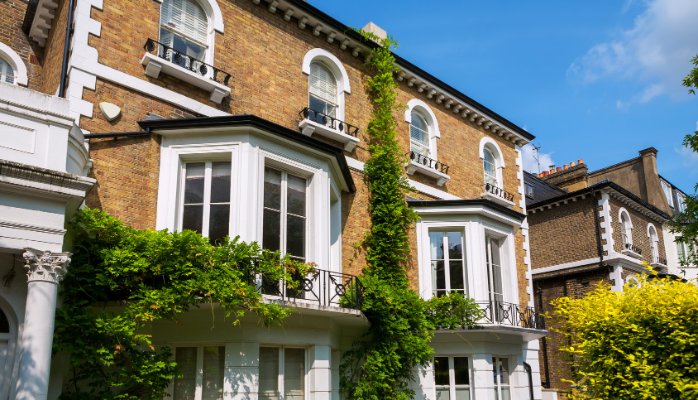Increasing uncertainty from the EU referendum is weighing on the UK residential property market which could result in prices falling, according to the latest monthly housing report from the Royal Institution of Chartered Surveyors.
The report paves out a scenario where prices could experience a short term drop due to uncertainty surrounding the EU referendum later this month on the future of the UK in the European Union. It would be the first such fall since 2012.
The most recent polls are putting the Leave campaign marginally ahead of the Remain campaign and in many areas of business and economic life in the UK this is causing a wait and see attitude.
This is already affecting the property market according to the RICS report which says that prices across the UK saw only modest growth in May while prices in central London fell. On top of this demand from buyers is falling at the fastest rate in eight years.
RICS predicts that house prices nationally are set to dip over the coming months, while rents increase while in central London some 35% more property professionals are reporting that prices had fallen rather than risen over the past month.
While prices are continuing to climb modestly across the rest of the UK, this trend looks set to fade, with 10% more respondents predicting that prices would fall rather than rise over the coming three months.
This is the first time that a fall in prices has been predicted since 2012. London and East Anglia are expected to be worst hit with 43% and 33% of respondents saying that prices will fall over the next quarter.
‘Sadly, for the many young people looking to enter the property market, it is unlikely that we are seeing the emergence of a more affordable market. Instead, it appears to me that what we are looking at is a short term drop caused by the uncertainty resulting from the forthcoming EU referendum coupled by a slowdown following the rush to get into the market ahead of the tax change on the purchase of investment properties,’ said Simon Rubinsohn, RICS chief economist.
‘Certainly, that’s the story we are hearing from our members. There is not at this point a sense that a fundamental shift is taking place in the market,’ he added.
Buyer demand fell across the UK for the second consecutive month and at the fastest pace since 2008, with 33% more property professionals saying that demand decreased last month.
The survey revealed that in the longer term, while house prices are thought likely to regain momentum, rents look set to outpace them, with UK rents predicted to increase by 4.7% year on year for the next five years, compared to house price increases of 4.1%.
The number of agreed sales also fell for the second consecutive month with a net balance of 22% of respondents reporting a fall rather than a rise in activity.
However, Thomas van Straubenzee of prime London property agents VanHan, believes that the London market will not be badly affected. ‘Political or economic uncertainty unsettles a property market as seen in the lead up to the general election last year. While there is a fair bit of scaremongering out there about the potential negative impact of Brexit on the UK housing market and London in particular we believe much of this to be unfounded,’ he said.
‘London property, particularly at the top end, has long been attractive to both foreign and domestic investors for reasons that go far beyond EU membership. Whether Britain votes to leave the EU via the EU referendum or not, London will still remain one of the world’s leading cultural centres and as such will continue to attract significant property investment. However, we still envisage there to be a slowdown in the lead up to the vote as buyers and sellers hedge their interests,’ he added.
The slowdown in the current housing market is less to do with Brexit than it is to do with the very rapid rise in house prices we have seen over the last few years, according to Ben Habib, chief executive officer of property fund manager First Property Group.
‘We have also been seeing a similar slowdown in the commercial property market. It’s very easy to blame everything on Brexit, but costs have gone up very substantially over the last few years and with yields currently so low in London, it just doesn’t make sense to be buying right now,’ he added.


